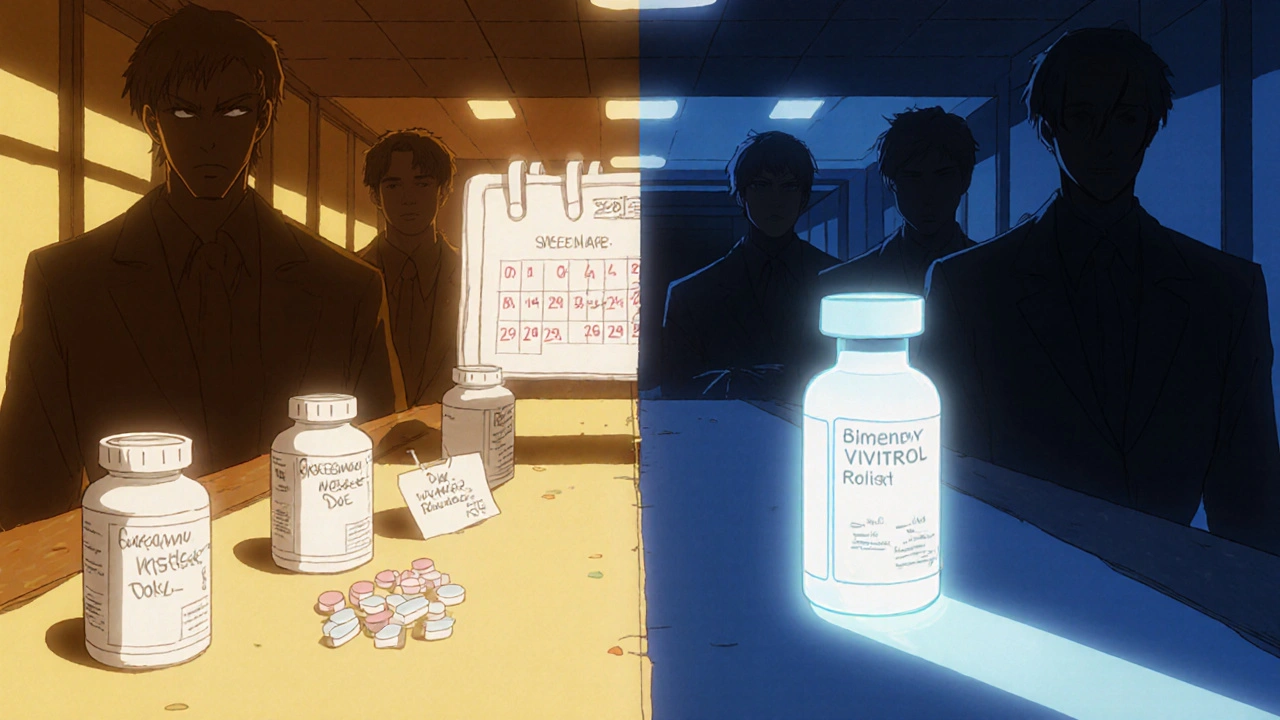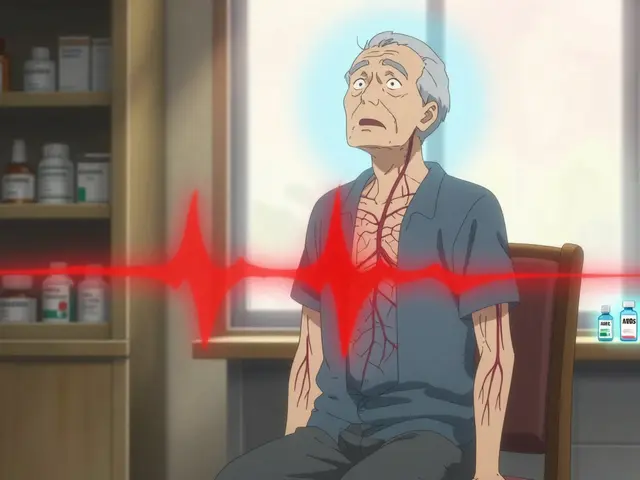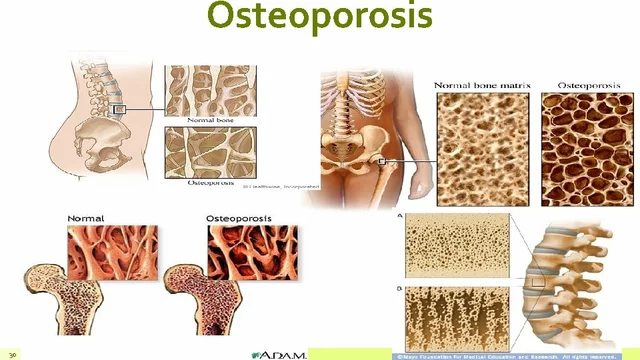Campral: What It Is, How It Works, and What You Need to Know
When someone stops drinking alcohol, the brain doesn’t instantly reset. That’s where Campral, a prescription medication used to help maintain abstinence in people recovering from alcohol dependence. Also known as acamprosate, it doesn’t stop cravings the way some drugs do—it helps balance brain chemistry after alcohol use stops. Unlike naltrexone or disulfiram, Campral doesn’t make you sick if you drink. It doesn’t block alcohol’s effects. Instead, it targets the brain’s glutamate and GABA systems, which get thrown out of whack during long-term drinking. This helps reduce the anxiety, restlessness, and sleep problems that often push people back to alcohol in early recovery.
Campral isn’t a magic pill. It works best when you’re already sober and have a plan. Think of it like a support brace for your brain while you rebuild habits. It’s most effective when paired with counseling, support groups, or therapy. People who take Campral regularly in the first few months after quitting are more likely to stay off alcohol long-term. Studies show it doesn’t cure alcohol use disorder, but it gives you a better shot at staying clean. You won’t feel high or sleepy on it. Most users report no major side effects, though some get mild diarrhea, nausea, or dizziness at first. It’s safe for people with liver problems, which makes it a go-to option when other meds aren’t suitable.
Campral is taken three times a day, with or without food. It’s not meant for people still drinking—it’s for those who’ve stopped and want to stay stopped. If you’re trying to quit but still can’t stop, talk to your doctor about other options first. You can’t take Campral if you have severe kidney issues. It’s not addictive, doesn’t cause withdrawal, and doesn’t interact badly with most other meds. Many people use it alongside therapy, mindfulness practices, or even exercise to rebuild their daily rhythm. It’s one of the few alcohol recovery meds approved for long-term use, sometimes for a year or more.
What makes Campral different is how quietly it works. You won’t notice it doing much day to day. But over weeks, the constant urge to drink fades. The brain starts to feel normal again—not wired for alcohol. That’s the goal. And while it doesn’t fix relationships, jobs, or trauma, it gives you the mental space to start fixing them. If you’re in recovery and feeling stuck, Campral might be the quiet helper you didn’t know you needed.
Below, you’ll find real-world guides on how Campral fits into broader recovery, how it compares to other treatments, and what to watch for when you’re on it. These aren’t just drug facts—they’re stories from people who’ve been there.
Naltrexone hydrochloride helps treat alcohol and opioid dependence, but alternatives like Vivitrol, Campral, and Suboxone may work better depending on your needs. Learn how they compare and what works best.
Read more






